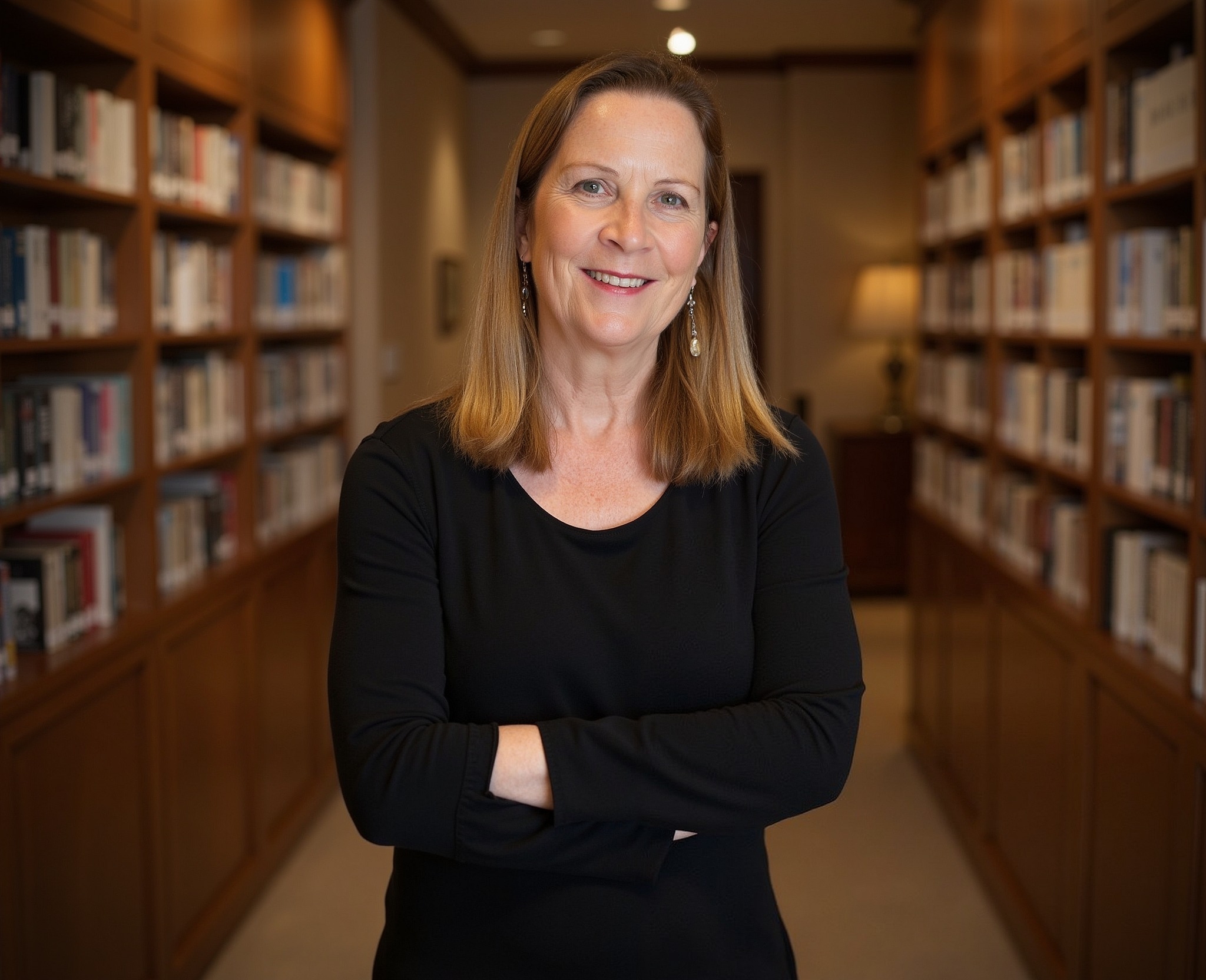Once, when I was about 11 years old, I watched my mother praying on her knees in our roadside hay meadow. All that afternoon, we had been raking that stubbled field, combing the hay into dry, dusty rows while the rain clouds gathered overhead.
It’s been over four decades now, but I can still see my father in his cartoon-race around that little meadow, as he hustled my mother and sister and me to rake faster and beat the rain. Then, just as the thunder rumbled, my mother dropped her hay fork and dropped to her knees to pray.
The clouds moved in. The air grew damper. The heavens burst and the summer rain turned those hay rows to wet mulch.
These mornings, after a long hiatus from the Catholic prayers of my youth, I find myself praying in America. I’d love to write that I pray for America, for my adopted country that, these days, is on its knees. But America is too big and when you’ve been gone so long, it’s rude to ask the gods or God for too much too soon.
Also, as I watch certain church ministers cite God and the flag to defy and deny our epidemiologists and COVID-19 social-distancing guidelines, and as the U.S. president poses for a photo op with a bible, I reject this co-branding of prayers with patriotism.
Turns out, I’m part of a 2020 trend. Since the COVID-19 pandemic, Google reports a worldwide uptick in searches related to prayer. Meanwhile, a Danish study reports that more than half of Americans have prayed for the end of the virus spread, including folks like me who belong to no formal religion and who, pre-COVID, rarely or never prayed.
I’ve been laid off from my salaried job. So now there is no morning alarm clock. No wakening to an instant to-do list. No bedroom clock digits allocating time to shower, breakfast, and choose a presentable work outfit. Instead, I sleep late and take a long time to surface from a deep, muddled night dream. Then, here comes the daily realization of our current reality: Pandemic. Over 100,000 people dead in America alone. Thousands of others fighting for their lives in a hospital ICU room–most of them without their families.
I may be part of a prayer statistic, but I cannot be part of that grand-scale, stop-the-virus-spread ask. Instead, I bless myself and join my hands to pray for just one patient in one hospital ICU bed, hooked up to one set of hospital monitors. For that patient, I beg for one, single molecular change, just one set of vital signs to tick up or down, to tip the scales toward life, not death.
Statistically, that COVID-sick person is much more likely to be a person of color than Caucasian or white. He’s also more likely to be a man than a woman. Am I virtue signaling here? Or, in the face of all this loss and bereavement, what good am I and my morning prayers?
I don’t know, but I know this: I’ve always been good under pressure. In a crisis, my usual Rice-Crispy brain (Snap! Crackle! Pop!) mutes and stills to razor-focus on the most imminent need, the next and most do-able step.
And when a country that boasts unfathomable wealth and world-class hospitals–leads the world’s coronavirus outbreaks, that’s a massive and multi-faceted crisis. So I’m doing what I know how to do.
Often, I wonder if this isn’t real prayer, but a form of psychokinesis. Or, as I will that patient’s vital signs to change, as I try to influence what the poet Wilfred Owen called, “Chance’s strange arithmetic,” am I simply engaging in psychic spoon bending? Also, I have to ask myself this: How are my prayers different from my mother’s prayers in that meadow, when she knelt in that field to beg an invisible and omnipotent God to magically stall the impending rain?
Our schools. Our churches. Our kitchens. Our roadside shrines and statues. In my youth, prayer, like the sky and the grass, was just always there.
Once, as a teenager, I rode my bicycle into town to stop at a ladies’ drapery shop on Main Street. Except for the faded and out-of-season mannequins in the window, the shop was empty and unattended. Then, from an annex behind the counter came the owner’s voice, “I’m saying my rosaries; you’ll have to wait.”
So I waited.
In that same town, I attended a girls’ convent secondary school where, before every 45-minute class segment, our nuns and lay teachers led us in a monotone chorus of prayer.
Across the street from our hay meadow stood our village church where, for years and years, and at least once or twice per week, our congregation knelt and stood and genuflected. So wouldn’t you think that the sheer quantity, the sheer audio volume, the sheer habitual-ness of all those prayers would have worked some grand spiritual magic? I’m sure it did.
But from town to school to church to our family rosaries, as our voices rose to the rafters or the heavens, I never once felt close to God. Or any higher power. Neither did those prayers and rosaries and novenas bring me close to myself or my personal inner power.
So these days, in these quiet, short prayers of mine, I wonder if that’s what I want to send or transfuse to that COVID patient in that ICU bed–not the faithful’s blind belief, not some spoon-bending magic or miracle, but the deepest, most powerful part of me.

Áine Greaney is an Irish-born writer who lives in coastal Massachusetts. Her work has appeared in various publications, including The Wisdom Daily, Creative Nonfiction, Salon, The New York Times, Books Ireland, The Mindful Word, World of Psychology, and others. Her fifth book has just been published by Sea Crow Press. She teaches writing at libraries, conferences, and health and wellness organizations.

